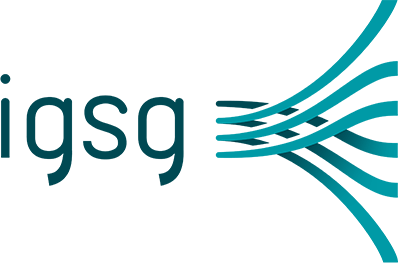27 December 2022
Call for proposals – Inaugural JAR-Association Congress
The Justice Administration Research Association, based in Limoges, France, is an independent not-for-profit scientific association that aims to develop an international network of academics, policymakers, and professionals working in the justice administration sector. The association was founded by Marco Fabri (National Research Council of Italy), Caroline Expert-Foulquier (Université de Limoges), Philip Langbroek (Montaigne Centre, University of Utrecht) and Andreas Lienhard (Competence Center for Public Management, University of Bern), in the spring of 2021. In its first year it attracted 60 members from all over the world.
The JAR-Association launched the following call for proposals for its Inaugural Congress: Innovation in Judicial Systems: Human, Cyber and Beyond (25-26 May 2023, Rome – University Roma Tre)
Recent societal and economic developments have added a new element to the relationship between the law and social reality, and courts and prosecutor’s offices are required to step in and provide answers to open questions and societal debates within a recourse sought to the very same open norms. Codifying new societal, organizational, and economic perspectives brings challenges to the judiciary which in its turn requires reforms to settle these new dynamics, where humans still play and will play a paramount role.
Technology is also becoming a pervasive element of society and justice services are not secluded from this development. Beyond the tool function technology has played for court management and automation of certain administrative processes, emerging technology applications (e.g., AI, algorithms, Big Data, Blockchain, automatic data collection, software profiling, draft decision suggestions, etc.) give rise to new challenges to traditional justice values and principles that have been in place for hundreds of years, and at times pushes to change them in line with technology characteristics. Technology-backed changes require reflection on how justice is being transformed from a legal, organizational, and ethical perspectives, what are the strong and weak points to consider in this process, and what are the desirable outcomes to aim for.
The 2023 edition of the JAR-Association Congress aims to encourage discussion on these developments and create a space for reflection on the fundamental changes and challenges social, organizational, and technological innovations pose to law, judicial organization, justice services, governance, and stakeholders.
Proposed (exemplary) themes:
– Judicial systems’ response to societal dynamics
– User-centered judiciary
– Justice in a multicultural and technological society
– Human enhancement techniques and justice services
– Technology and judicial reforms
– Technology and judicial accountability
– AI and judicial administration
– AI for court and out-of-court dispute resolution
Proposals on the way behavioural, social, and economic changes impact judiciary, as well as on related ethical, legal, socio-cognitive, and socio-economic challenges technology innovation brings in the judicial domain are also welcomed.
We encourage proposals on topics that have not yet been covered in our 2022 e-seminar programme, or that enrich or provide a different perspective on topics that have already been under discussion.
Type of proposals:
1. Paper presentation: a 400-600 words paper abstract
2. Panel proposal: a 400-600 words description of the panel, topics that would be addressed in individual papers, and panelist names
3. Discussion panel: a 400-600 words description of the panel, topic that will be discussed, and panellists’ names
Submission and selection process:
The proposals should be submitted to organiser@jar-association.eu by 20 January 2023.
Selected papers and panels will be announced by 31 January 2023.
All presented papers will be considered for inclusion in a proposed special edition of the International Journal for Court Administration.
